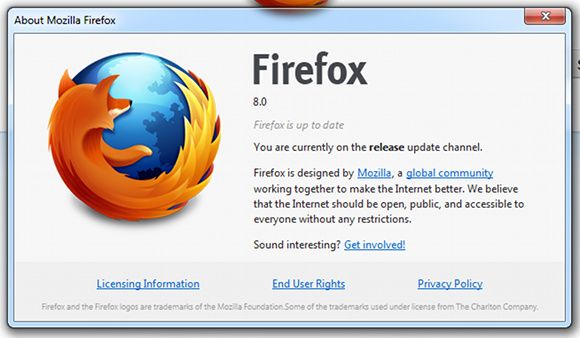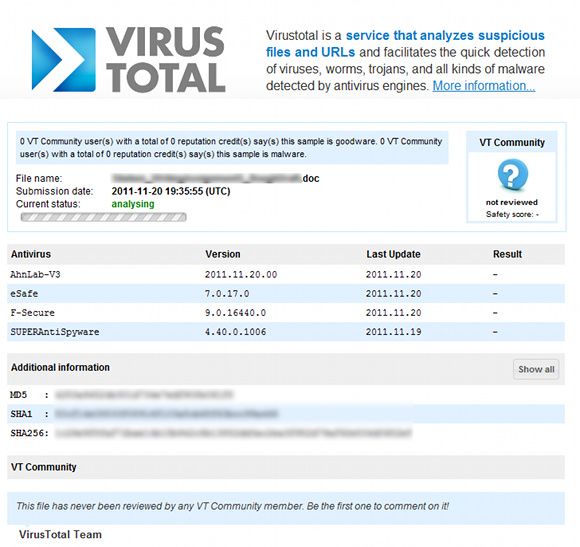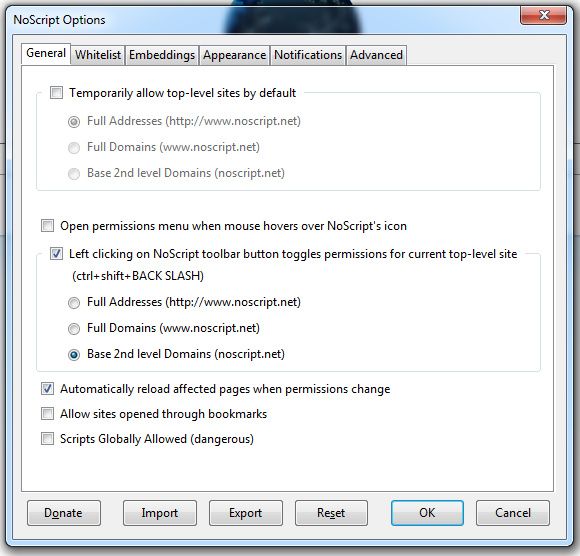For plenty of users, getting and using anti-virus software can be a hassle for lots of different reasons. Not only can they be expensive (and then renewed every couple of years), but they can be slow, difficult to control, and a major eyesore if the product happens to display its name everywhere you look.
Whatever the reason may be, you might prefer to not have any antivirus software installed at all. In case you choose to go this route, here are some tips on keeping your computer virus-free without the protective software.
Safe Browsing Habits
The most important tip, no matter if you have anti-virus software or not, is to try to maintain safe browsing habits. It is impossible to get a virus without being on the Internet or reading data from some other source. This means to only visit websites directly instead of clicking on links (especially in emails), not downloading any files unless you're 100% sure the source is safe, not surfing around for prolonged periods of time on sketchy websites, and so on.
If you're not very good at determining what's good or not, this might help. If it looks different from what you're used to or get offered something that seems too good to be true, you're probably a click away from getting a virus. These tips should be followed even if you do have anti-virus software as such products aren't perfect, and some viruses, especially zero-day threats, can pass right through the anti-virus software without so much as a warning.
Updated Software
The next step is to make sure that all your software, especially your browser, is up to date. Newer versions will fix security bugs that may be present in older versions, and updates could also bring support for new security technologies. That way, it will be much harder for a hacker or virus to exploit a security hole to compromise your system.
In Windows, go to Windows Update in your Start menu to check for essential updates. With a lot of software, there is normally a "check for updates" option in one of the menus. Just click through the menus until you find it.
Online Tools
Another option you have is to use online tools to check if a file contains a virus. There are plenty of anti-virus websites that will check files for you. I recommend using this site as it automatically sends it to a much larger collection of sites and compiles the results of each test. This way, you'll have a higher chance of finding a hidden threat or determining if you have a false positive.
Use Web Interface Security Features
Additionally, email providers such as Gmail and Yahoo scan any attachments in an email when you open it, so you should be able to trust the results of those scans. Note that the email providers only scan the attachments when you open the email in their web interface. Therefore, this feature won't be of much help to you if you use an email client.
Security-Focused Browser Extensions
Another great idea is to use browser extensions, where possible, that have a focus on security. A top extension for Firefox would be NoScript. This extension helps block any website scripts that could potentially cause problems on your system. While it takes a while to tell it what's good and what's bad, it will help block any scripts that might break into a security hole. You can find more Firefox security extensions here. For Chrome, you could try SaferChrome.
Use Linux
Last but not least, it might be helpful to run Linux instead of Windows if you don't depend on certain software. While the above tips are definitely worth your time, you can dramatically reduce your risk of getting infected by a virus if you use Linux over Windows. This is because roughly 90% of viruses are for Windows, and 9.95% of the remainder are made for Mac OS X. In combination with the above tips, you can virtually eliminate the threat of viruses and enjoy a safe computing experiences without worries.
Conclusion
While I do recommend using some kind of anti-virus software if you're using Windows (as there are plenty of decent free alternatives), these tips should definitely help to reduce your overall chances of getting infected. Just be smart with what you're doing, and you should be doing just fine.
What tips can you add? Is anti-virus software even really necessary? Let us know in the comments!
Image Credit: AJC1




